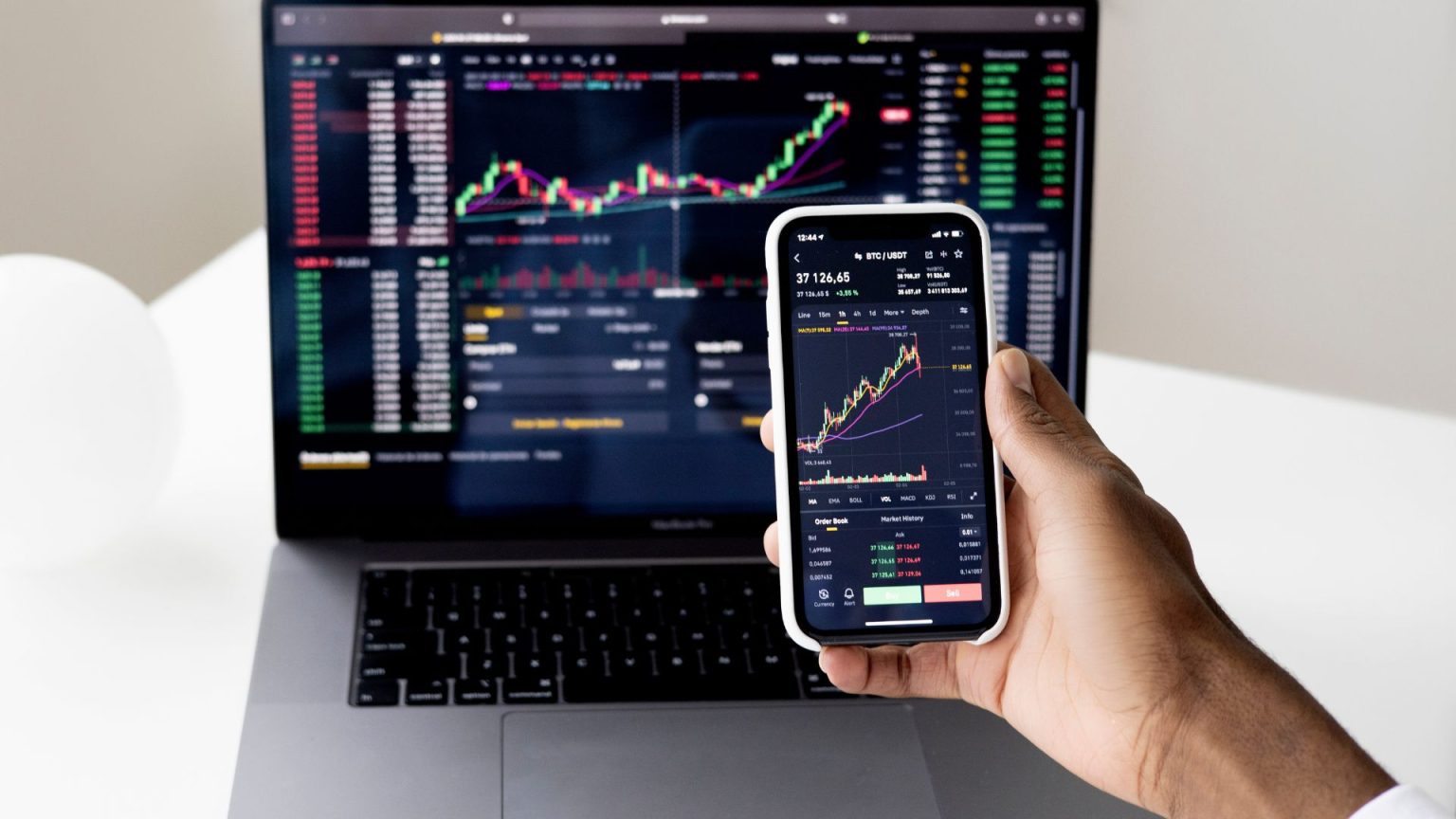Bitcoin is the largest and most recognized cryptocurrency in the world. As of mid-2025, it’s trading near all-time highs and continues to attract both institutional investors and retail traders. But if you’re just starting out, Bitcoin trading can feel overwhelming. The good news? With the right foundation, you can avoid common beginner mistakes and trade with confidence.
What Does “Bitcoin Trading” Actually Mean?
When you hear “trading Bitcoin,” it doesn’t always mean buying and holding for the long term. Instead, traders look to profit from short-term price moves by:
- Buying (going long): Expecting BTC to go up.
- Selling (going short): Expecting BTC to go down.
- Using different timeframes: Some traders scalp on 1-minute charts, while others swing trade over weeks.
Unlike stocks, Bitcoin trades 24/7, which means the opportunities, and risks, never stop.
Why Beginners Start With Bitcoin
- Liquidity: Bitcoin has the highest trading volume of any crypto, meaning your trades fill quickly with minimal slippage.
- Volatility: While risky, BTC’s price swings create plenty of trading opportunities.
- Market Leadership: Bitcoin often leads the market, when BTC moves, altcoins tend to follow.
- Global Recognition: Exchanges, brokers, and payment platforms all support it.
For beginners, these factors make Bitcoin the most accessible and reliable asset to learn the basics.
Common Mistakes New Bitcoin Traders Make
- Trading Without a Plan
Jumping in without knowing your entry, exit, and risk level usually ends in losses. - Overleveraging
Many beginners are tempted by 10x or 50x leverage, but this often leads to liquidation. - Ignoring Risk Management
Never risk more than 1–2% of your capital on a single trade. - Chasing Hype
Buying because of headlines or Twitter posts often results in entering at the top. - Not Tracking Trades
If you’re not journaling, you’re not learning.
Beginner-Friendly Strategies to Trade Bitcoin
Here are three simple approaches to get started:
- Support & Resistance Trading: Identify key levels where BTC tends to bounce or reject.
- Trend Following: Trade in the direction of the bigger move (e.g., only long in an uptrend).
- Dollar-Cost Averaging (DCA): For those not ready to trade actively, buying small amounts over time helps smooth out volatility.
Tools Every Beginner Should Use
- Reliable Exchange: Stick to top platforms with strong security.
- Charting Software (like TradingView): To spot setups.
- Volume & Momentum Indicators: To confirm trends.
- Trading Journal: To track and improve your results.
Final Thoughts
Bitcoin trading is exciting, but beginners need to approach it with discipline. Start small, focus on risk management, and commit to a structured plan instead of chasing every move.
At EPIQ Trading Floor, we help new traders cut through the noise with:
✅ Daily Bitcoin setups and macro insights
✅ Beginner-to-advanced trading lessons
✅ Risk management tools and trade journals
✅ A 3-day free trial to test everything risk-free
👉 Start your free trial today and begin trading Bitcoin the right way.
Disclaimer: This content is for educational purposes only and does not constitute financial advice.










Responses